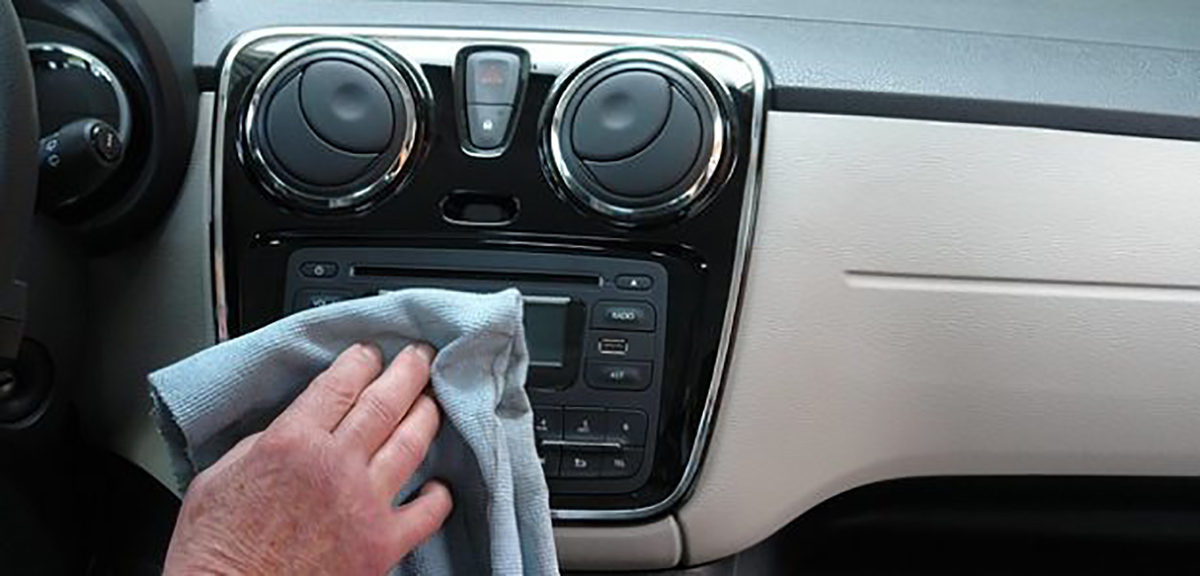How to Enjoy the Auto Salvage Yard Experience
October 26, 2020
5 Tips for Maintaining a Clean Car Interior
November 19, 2020Making sure your vehicle is up to date on standard maintenance is essential to keep it running at maximum performance & making it last. Here’s a checklist of maintenance practices you should make sure your vehicle is always up to date on!
Oil Changes
The recommended mileage for oil changes is no longer a universal standard of 3,000 miles. Instead, how often you change the oil depends on the type of oil used & your specific car’s needs. What type of oil your car needs is something you can either research yourself or consult a professional on. Certain cars can go as long as 10,000 miles between oil changes! As an extra precaution, you can periodically check your oil level yourself by taking out the dipstick under your hood.
Tire Rotations & Changes
Even tires that are built to last, only last for so long. Driving on bald tires or those with poor tire pressure is dangerous and increases your chance of skidding & hydroplaning. Uneven tire pressure can even affect your fuel mileage! To ensure your tires’ traction, regularly schedule tire rotations & replace them at the recommended mileage. Depending on your driving habits & the climate you live in, you may also consider alternating between summer tires and snow tires. You should also make sure you have a spare tire on hand for the possibility of an unexpected flat.
Replacing Wipers
Put simply, clear vision out of your windshield is an essential part of driving! If you start to notice your view getting streaky, it is best to replace your wipers sooner rather than later. When vision is decreased during a short trip or light rain, imagine how much trouble you will be in if you put this off and end up needing to drive through traffic in a storm. Fortunately, windshield wipers are on the cheaper end of maintenance measures, and you can easily purchase them & change them yourself. For additional vision enhancements, certain windshield coatings can repel water and clear your view faster.
Replacing Brake Pads
Brakes operate on friction and therefore inevitably wear down over time, even for the safest drivers. Fully functioning breaks are absolutely essential to the safety of you, other drivers, & pedestrians. Failing to replace worn brake pads will eventually wear down other parts of the tires & vehicle, costing you more money in replacements in the long run. Signs of worn down brakes including a screeching or whistling sound & more pressure required to adequately brake.
Replacing Air Filters
Although it is not critical to your engine’s function, replacing air filters will improve your rides by keeping the air quality in your cabin clean. Dirty air filters will also affect your fuel economy by reducing airflow & making your engine work harder. Drivers can do their own research or consult their automotive specialist on how often to replace filters.
